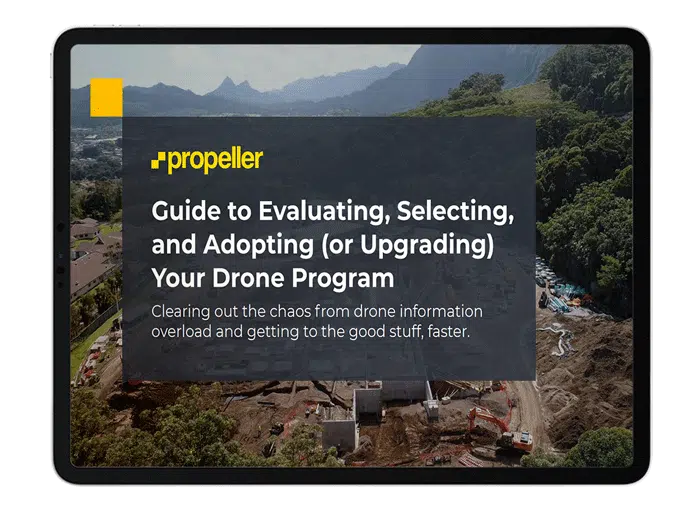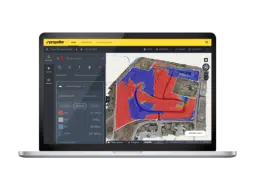Why Construction Project Delays Happen and How to Avoid Them
On-time, on-budget, and on-spec are hallmark signs of a successful construction or earthworks project. Deliver all three and you’ll develop a reputation for reliable project delivery that meets or even exceeds the expectations of your customers. The trick is reducing your risk for project delays that could realistically disrupt all three goals.
Let’s dig into the primary causes and effects of project delays, and how your team can build a stronger foundation that reduces their frequency and negative effects on your business.
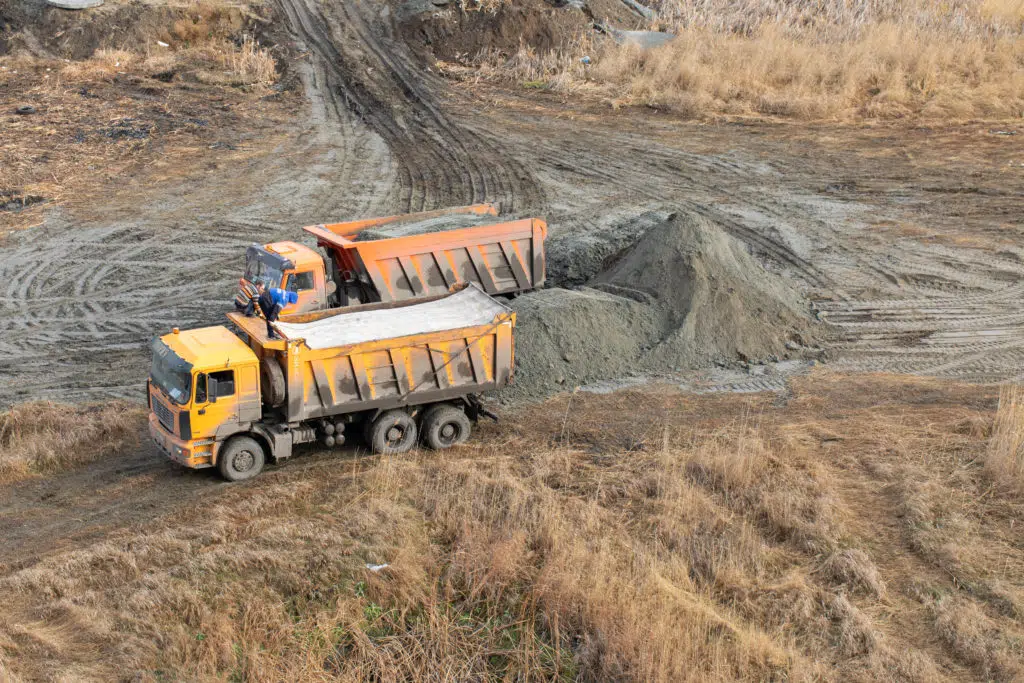
Common causes of construction project delays
Even with the best laid plans (and structured timelines in place), project delays happen. The reasons can vary depending on the time of year, complexity of the project, stakeholders involved, geographic location, and more. Some of the most common causes for project delays include:
- Inclement weather conditions
- Equipment failure
- Missing or incomplete data
- Project mistakes
- Conflicts or disputes
- Labor shortages
- Supply chain issues
- Budget inaccuracies
- Communication issues
- Rework
Obviously not all of these causes can be avoided. Inclement weather, for example, is completely out of your control. The same is true for the global health crisis, which hit us all in early 2020. No one could have predicted the pandemic, nor the effects that would result from supply chain disruptions, staffing shortages, or considerable financial implications–yet that is exactly what happened.
According to the Associated General Contractors (AGC) of America, 88% of construction firms are experiencing project delays and 89% are challenged with finding qualified workers. The pandemic has been cited as a primary catalyst for this increase in delays. It sure seems like the pandemic is proving to be that guest that has overstayed their welcome, and still refuses to leave.
Other causes for project delays can be systematically addressed through technology support, process improvement, team management strategies, and greater project oversight.
Before we delve deeper into how to fix the issue, let’s take a closer look at the depth of the problem.
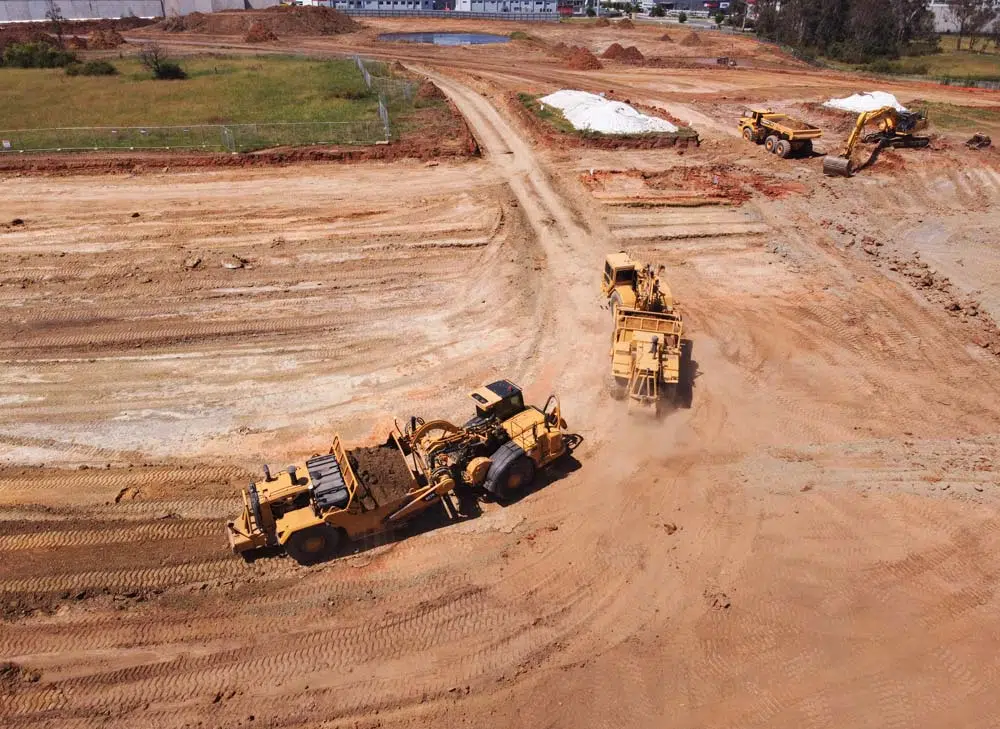
Cost of project delays
Project delays are not only a nuisance, they can be quite costly as well. For example, according to the Construction Industry Institute, rework is estimated to represent between 2% and 20% of total costs. Rework also extends the project timeline, which can have rippling effects across the entire project lifecycle.
Disputes also have a negative impact on your project’s bottom line. According to the 2021 Global Construction Disputes Report from Arcadis, the global average cost of disputes rose dramatically in 2020, even though the average length of a dispute shortened. Often disputes occur due to a lack of visibility into project data, impaired communication channels, and unexpected changes. These are not insurmountable, but they will end up costing your business, if not addressed.
Recruiting and retaining qualified workers is an ongoing challenge that can significantly impair your ability to meet project deadlines and adhere to the agreed upon scope of work. Staffing shortages also can increase safety concerns on site and reduce worker satisfaction (which would lead to higher turnover rates). The pandemic exacerbated this issue with rampant illness, health and safety concerns, and financial uncertainty. A 2021 AGC survey also indicated that nearly one-third of construction firms reported an increase in spending on training and professional development as a method of addressing the skilled labor shortage. Respondents also reported increased base pay rates and hiring incentives to recruit and retain workers. All of this affects the bottom line.
Budget or project scope inaccuracies, either at the onset or at any point throughout the project, could have direct consequences to the project timeline and budget, as well as the overall profitability of the project. Additionally, lack of visibility into the progress of a project can be detrimental to your business as it impairs your ability to proactively address issues before they become major problems.
These are just a few examples of the direct costs associated with project delays. Addressing these points of risk is critical to ensure that your team is able to deliver projects on time, on budget, and on specification. Ultimately, your ability to continually improve will help your business scale and remain profitable for years to come.
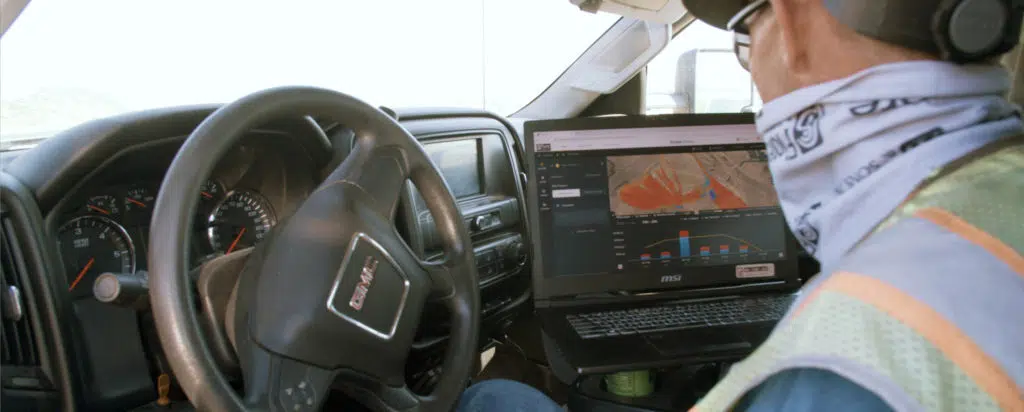
Easy ways to reduce project delays and improve business operations
One of the easiest ways to reduce project delays is through technology. For construction and earthworks professionals, an easy point of entry is with drone survey data and 3D mapping. In fact, drone data has proven to be a reliable source of information that contractors look to when addressing worksite disputes with one in four Propeller customers reporting that they have successfully resolved a contractor dispute using drone data.
NCC Planning Manager Mats Nyland noted a reduction in disputes after adding Propeller to their tech stack. “The reason why there hasn’t been a dispute is because they knew we had these [site] photos,” said Nyland. “There was no discussion because there was nothing to discuss. You can’t say that it didn’t happen, we had the photos every 14 days and we see what happens in between.” In the end, better documentation equals less arguing on the claim. And a project without conflict, is a project completed on time.
Here’s a look at what some of our customers have said about the value of Propeller’s drone data technology to support their business, improve accuracy and communication, and mitigate risk associated with project delays:
- “[Propeller’s] very visual in its presentation of the data, and I think that’s helpful for everybody,” said Matt Bousman, president and CEO of Whitaker Construction. “Most of the foremen don’t like to look at numbers and charts, but when you can show them a picture of what you’re trying to tell them, it’s very helpful.”
- When you have a small team, downtime comes at a high cost—approximately $3,500 a day, according to Grade Tech Operations Manager Rory Hall. Grade Tech surveys each site to capture initial state, prior to sending the whole crew down. Additionally, they are pulling up a 3D map of each active job in the Propeller Platform to measure what’s left to do and communicating that to the foremen. It’s not about weighing the cost of each survey against the immediate return; it’s about avoiding four or five days of rework on a job where the foundation’s being laid incorrectly, or calculating cut and fill to avoid exporting material offsite, saving 10-20k from just one calculation.
- “Our time can be better spent looking at the drone footage and then coordinating with our team members who need to act on it,” Don Campbell, a senior manager at RIPA said. “That’s the biggest benefit that we’ve gotten out of it. Also, there isn’t a long lag time between when we upload and then receive our data. Within the couple days when we get our analysis back, the site hasn’t changed that much, so we know we’re getting an accurate picture.”
- “The technology that Propeller offers is saving us a bunch of time in the field,” says Fiore and Sons Construction Head of Survey Justin Russell. “Everything before that had to be done by hand, either with a GPS or total station, would have taken days. Now, I can do it in a couple hours with a drone and get more accurate data.”
- Boulder Canyon’s terrain is simply too difficult to survey by hand. “It would be too dangerous, taking shots up and down a slope,” Angelo Mancina, corporate treasurer, Zak Dirt said. “There’s absolutely no way that would be done. By the time we did a topo of the canyon and got it back, we would be two months past when we needed it. . . With Propeller, for the most part, within 12 hours we have our files, which is awesome . . . [Now] we can just fly [the site], do a comparison, and say, ‘Here’s how much rock was taken off the mountain.’ Very simple.”
Technology also has the power to attract and retain skilled workers, enabling companies to gain a competitive edge and remain one step ahead of the labor shortage. A Propeller customer recently shared that “Technology is a great recruitment tool. I can bring up the Propeller Platform on a screen during an interview process, and it really helps to demonstrate that we are on the cutting edge and doing what we can to make the worksite better.”
From improving data accuracy and availability, to increasing data transparency and team collaboration, technology is truly changing the game for construction and earthworks companies. Although it’s true that some project delays are unavoidable, there are many that can be thwarted with the help of technology.
For more guidance on evaluating, selecting, and adopting a drone program for your earthworks business, be sure to download our ebook below!
